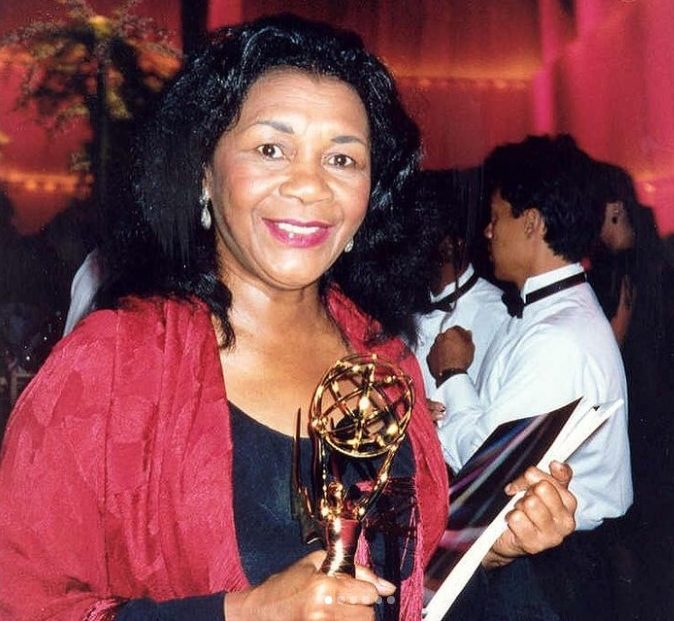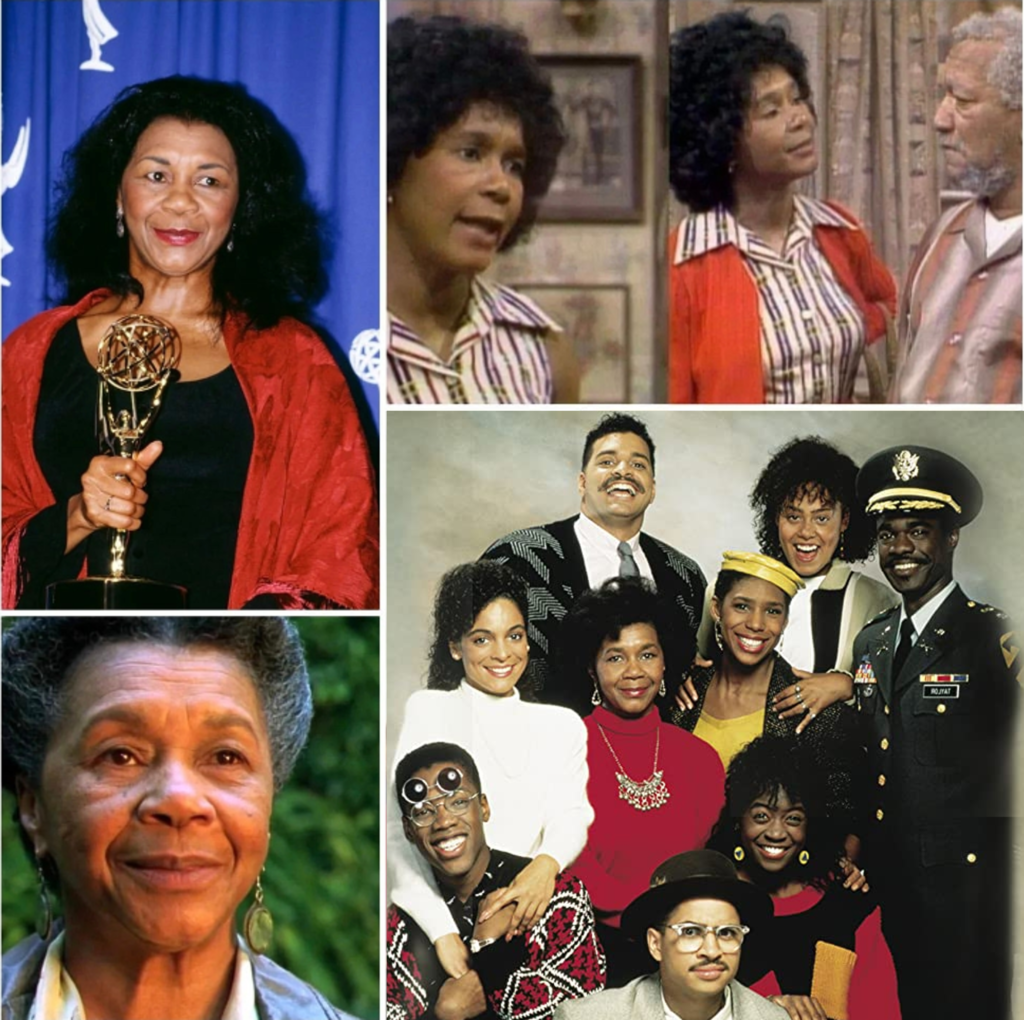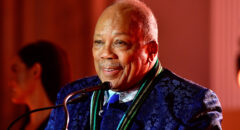
The Tony and Emmy-winning actor, Mary Alice, has passed away. Alice has one of the most soothing and calming voices on screen and is probably best known to younger audiences for her role in the Matrix trilogy, taking over the part of the Oracle in The Matrix Revolutions after the death of the original actor Gloria Foster in 2001.
She is known by the older generation as being a part of the long-running sitcom, 'A Different World'. A veteran of the stage, Alice originated the role of Rose in August Wilson’s Fences, scoring the Tony for Best Featured Actress for the show’s Broadway debut in 1987. According to The Hollywood Reporter, Alice was 85 when she passed away this week.
Alice died on Wednesday at her home in Manhattan, a spokesperson for the NYPD confirms to PEOPLE. A cause of death was not provided.
The actress's death was also confirmed by "one of her close friends," according to Philip Lewis of HuffPost, who announced the news on his Twitter Thursday.
"Mary Alice, known for her roles as 'Lettie' on A Different World and Effie Williams in Sparkle, has died, one of her close friends tells me," Lewis wrote.
"'We are all very sad at the loss,'" he shared from the source's statement.
Lewis also posted two photos of Alice — the first of her at the 45th Emmy Award Governor's Ball in 1993 with her award in hand, and the second of her in character.
Alice portrayed the memorable character of Effie Williams in the 1976 original version of Sparkle, which told the story of how The Supremes achieved fame.
She also played The Oracle in The Matrix Revolutions and Marguerite Peck in I'll Fly Away, for which she received the Emmy Award for Outstanding Supporting Actress in a Drama Series. She played the mother of Oprah Winfrey’s Mattie Michael in 1989 on the ABC miniseries The Women of Brewster Place. In 1987, she won a Tony Award for Best Featured Actress in a Play for her role in August Wilson's Fences.
Her other film credits include Spike Lee's Malcolm X, Awakenings opposite Robin Williams and Robert De Niro, Clint Eastwood's A Perfect World and Maya Angelou's Down in the Delta.
Along with television appearances in shows like Oz and Law & Order, she also starred in a production of The Tragedy of Richard III beside Denzel Washington at Central Park's Delacorte Theater.

One of five children, Mary Alice Smith was born on Dec. 3, 1936, in Indianola, Mississippi, and raised in Chicago. Her father, Sam, worked in a laundry, and her mother, Ozelar, worked in a factory. After college, she was a Social Security secretary and then an elementary school teacher before joining a community theater group.
She landed her first paying job as an actor in 1966 when Douglas Turner Ward, co-founder of the New York-based Negro Ensemble Company, brought a touring group to Chicago to perform plays including Days of Absence and Happy Endings.
“Equity required the group to use one local actor, and I was hired to do a couple of roles and the laundry,” she said in 1979. “I loved it. I really loved it, and I didn’t mind doing the washing and ironing twice a week.”
Alice came to New York in 1967 and studied with Lloyd Richards — he had directed the original 1959 Broadway production of A Raisin in the Sun and would guide her in Fences — before appearing onstage for the Negro Ensemble Company and Wynn Handman‘s American Place Theater.
In 1974, Alice starred in a PBS adaptation of Philip Hayes Dean’s The Sty of the Blind Pig, directed by Ivan Dixon, and made her film debut in The Education of Sonny Carson. A year later, she guest-starred on episodes of Police Woman, Good Times and Sanford and Son (as Fred’s sister, Frances, who has just married a white guy).
Alice said she never really considered herself an actor until she worked for producer Joseph Papp and his New York Shakespeare Festival, and she received an Obie Award for her performance as Portia in Julius Caesar in 1979.








